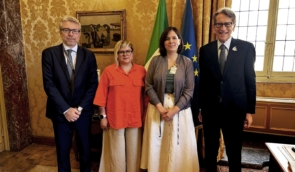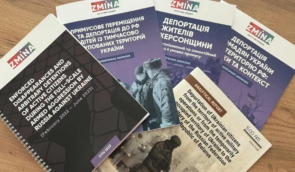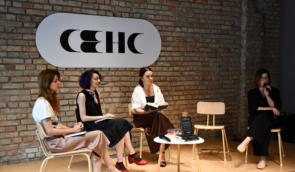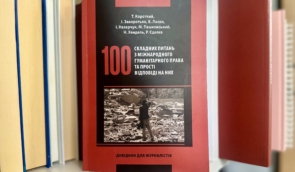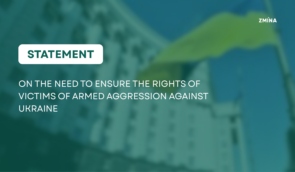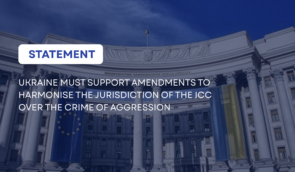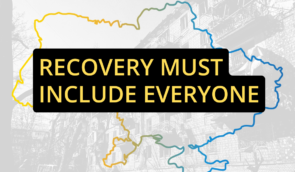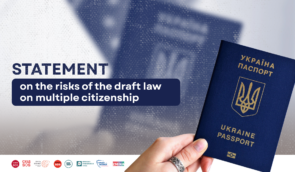Data removed from register of court decisions: human rights defenders submit complaint to Ombudsman
Human Rights Centre ZMINA submitted a complaint to the Ukrainian Parliament Commissioner for Human Rights regarding the register of court decisions, access to which was closed at the beginning of the large-scale war and from which many cases were removed. Human rights defenders consider this restriction of access to court decisions disproportionate.
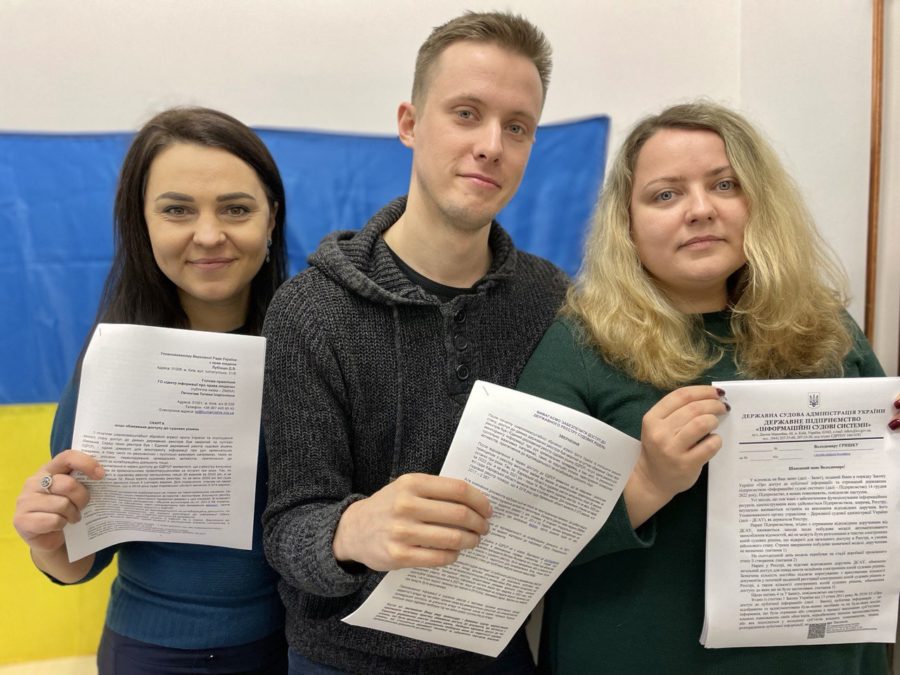
After February 24 and the imposition of martial law, access to some state registers, including the Unified State Register of Court Decisions (USRCD), was closed or significantly restricted. After access to USRCD was restored in June, it turned out that almost all criminal convictions for the past three years had been removed from the register by an unknown and arbitrary principle.
In addition, documents in cases concerning the persecution of activists and volunteers also disappeared. The cases regarding prosecution for collaborationism were also removed: out of 3,671 criminal cases, which were opened according to the information of the Prosecutor General’s Office of Ukraine, only 64 documents are available in the USRCD.
In December, human rights organizations addressed the State Judicial Administration (SJA) and demanded to stop restricting access to documents in the USRCD, restore access to decisions, and ensure timely entry of procedural documents into the register.
In response, the SJA noted that access was limited, in particular, due to an alleged threat to the national security, life and health of citizens.
Human rights activists believe that such large-scale “mopping up” of the register, although probably corresponds to the protection of national security and sovereignty of Ukraine in the conditions of martial law, at the same time does not comply with the law and is not necessary in a democratic society despite armed aggression against Ukraine.
“Limiting access to decisions in the register is a manifestation of the closedness of the authorities during the war and a step back from democratic values. This makes it impossible for civil society to control the activities of the authorities during the war which opens the way to abuses by officials. Also, closing access to judicial practice makes the actions of the state less predictable and understandable, undermining the trust of civil society in the authorities, while trust is crucial during wartime. In addition, lawyers, journalists, legal scholars, law enforcement officers, civil society activists, and human rights defenders need access to court decisions in their daily activities. Therefore, closing access to court decisions in no way contributes to Ukraine’s victory and is harmful,” human rights defenders note in their appeal to the Ombudsman.
Therefore, the representatives of human rights organizations ask the Ombudsman to check the observance of the right to access to public information during the adoption of the decision by the State Judicial Administration and to react to an alleged violation.
If you have found a spelling error, please, notify us by selecting that text and pressing Ctrl+Enter.

